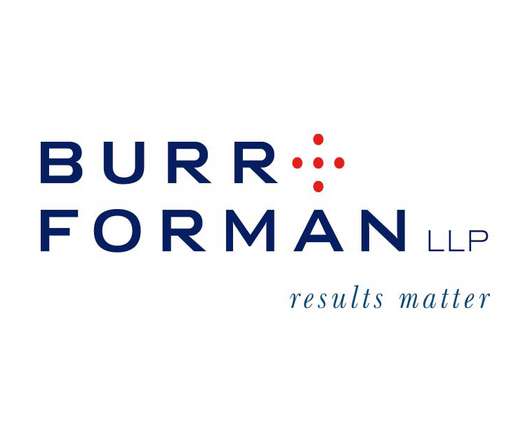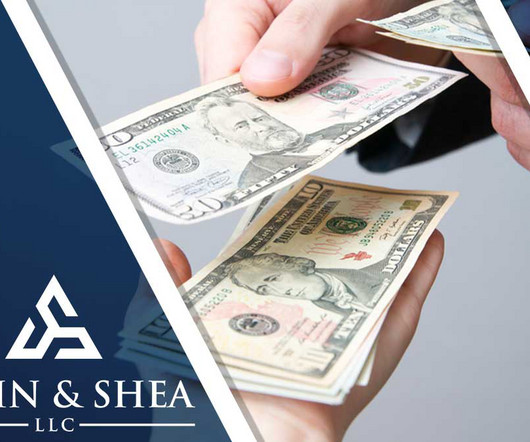Five Burr Attorneys Named to Lawdragon’s 2022 “500 Leading Bankruptcy & Restructuring Lawyers” List
Burr Forman
JANUARY 26, 2022
Meek have been recognized in the January 2022 issue of Lawdragon’ s “500 Leading Bankruptcy & Restructuring Lawyers” List. A good lawyer can make all the difference. Hall was named in the Bankruptcy & Creditors’ Rights, including Litigation specialty. And while that has not (yet?)
















Let's personalize your content